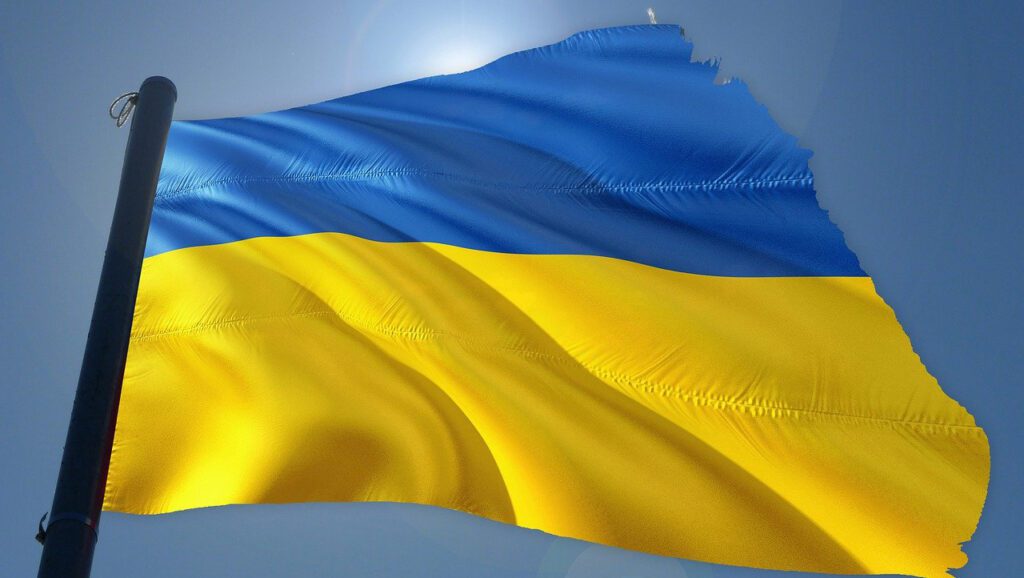Russia’s decision to wage war on Ukraine brought home in very dramatic terms the urgency of weaning ourselves from fossil fuels, and creating more stable food supplies, according to reports.
“Human-induced climate change and the war on Ukraine have the same roots—fossil fuels—and our dependence on them,” Ukrainian applied climatologist Svitlana Krakovska, one of the authors of the latest IPPC report on climate change, told a UN Climate Conference last month, according to AFP.
Russia’s importance as a supplier of Europe’s fuel means it is “very hard for Europe (and the United States) to impose sanctions on Russia’s fossil fuel industry, the country’s main moneymaker,” The New York Times notes.
As for food, the war involves two “bread basket” countries: Ukraine supplies 10% of the world’s wheat and 15% of its corn, while Ukraine and Russia combined supply about 30% of wheat, 30% of barley, and 80% of the sunflower oil, according to NPR.
A report in Good Day BIO stresses the urgency of deploying biotechnology that can help us reduce our dependence on fossil fuels and also protect our food supply.
BIO reaction to the crisis
The Biotechnology Innovation Organization (BIO) decried the attack and offered support for Ukrainians.
“Those suffering the most are individuals and families across Ukraine as they endure tremendous hardship and threats from immediate military attack, as well as interruptions to their ongoing medical treatments,” says a statement from BIO President and CEO Dr. Michelle McMurry-Heath.
“In response, the biotechnology industry is working to donate a range of critical medical supplies, equipment, and medications to the people of Ukraine to help reduce their suffering. We are inspired by Ukrainians’ strength and resilience in this difficult hour and are committed to supporting them and standing with the international community against this unwarranted and life-threatening aggression.”
Read more here about the effort to gather support from the biotechnology industry.




